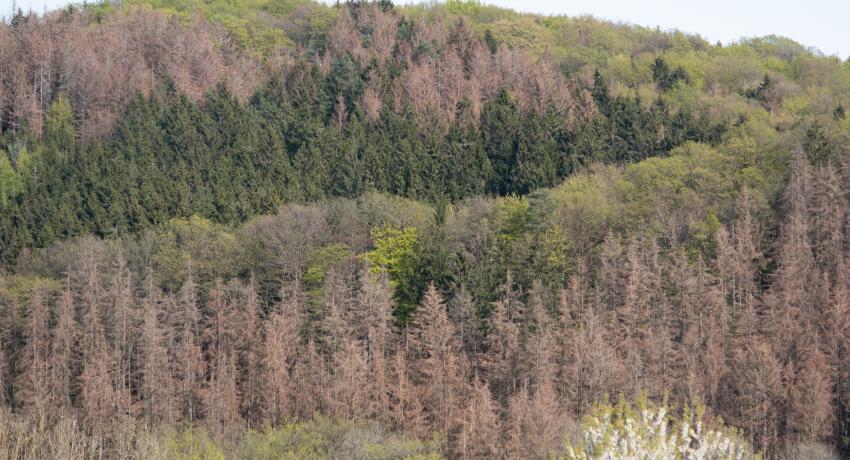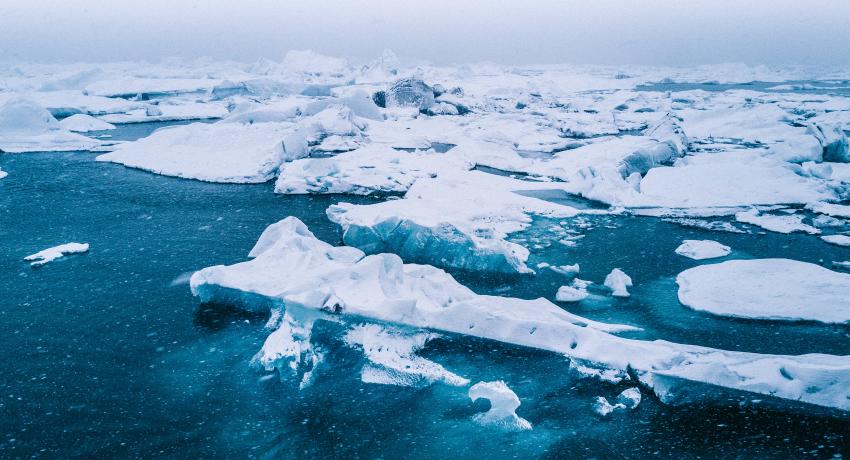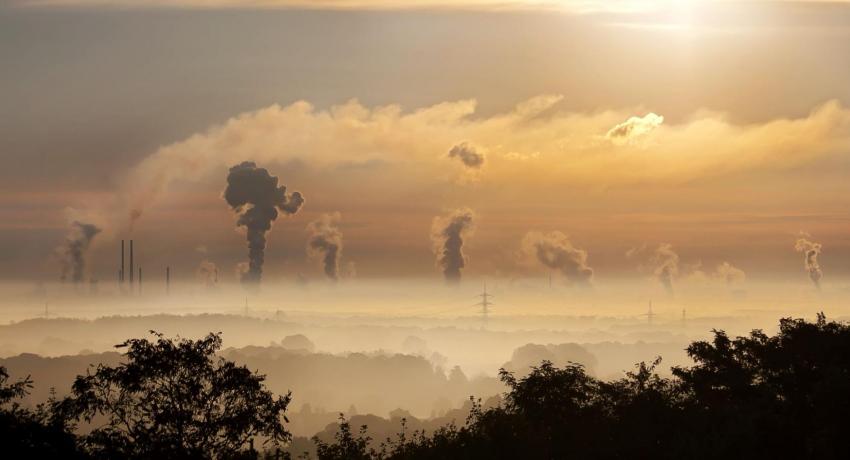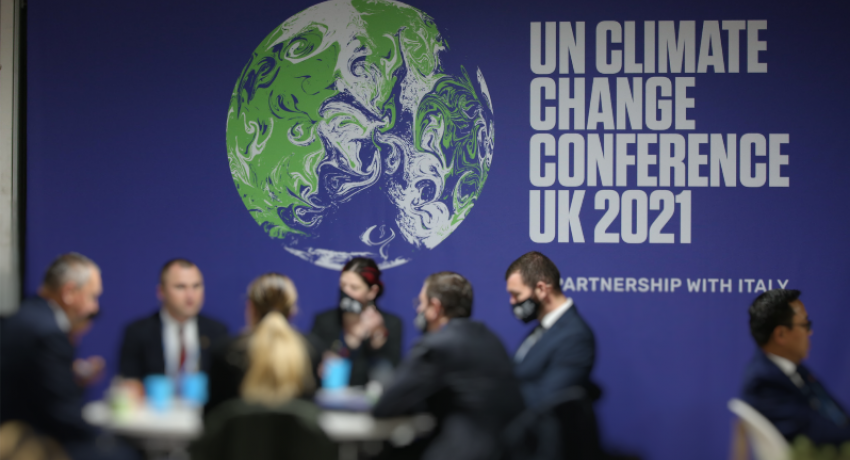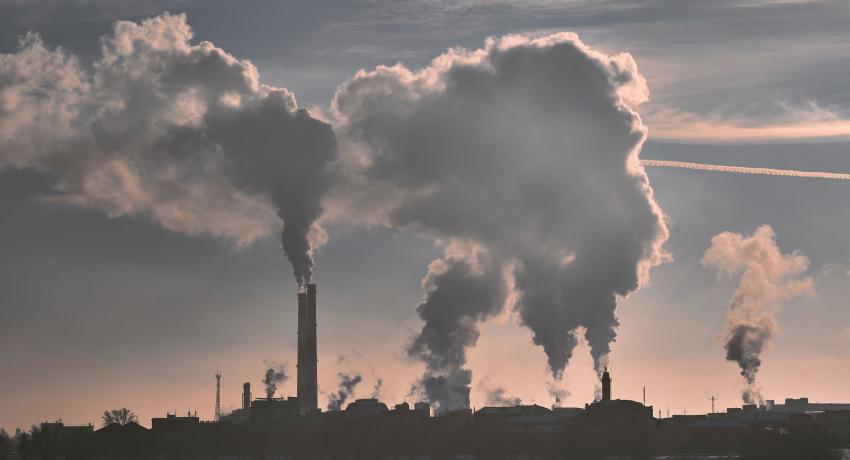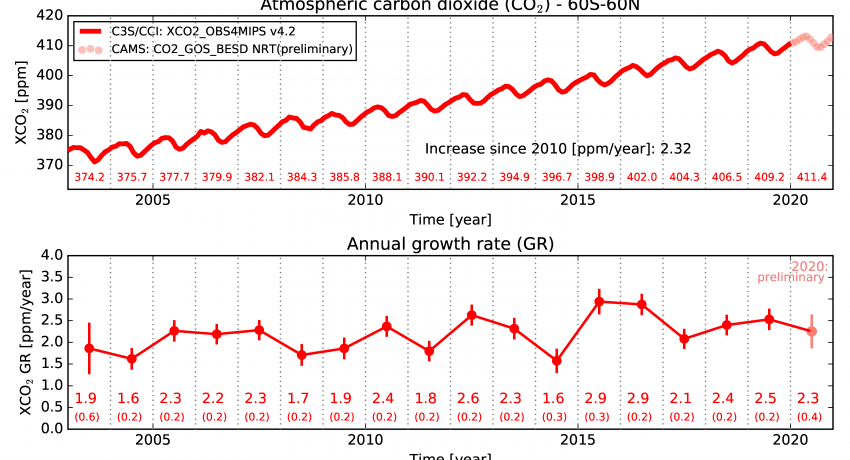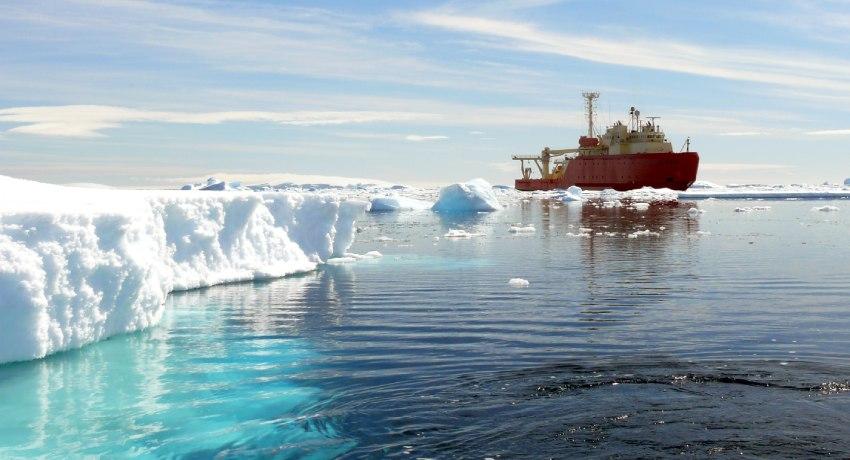4C researchers have published a new study that evaluates how two consecutive extreme summers impacted ecosystems and vegetation in central Europe. Another research supported by 4C shows how northern peatlands could accelerate global warming if action on climate change is not taken.

